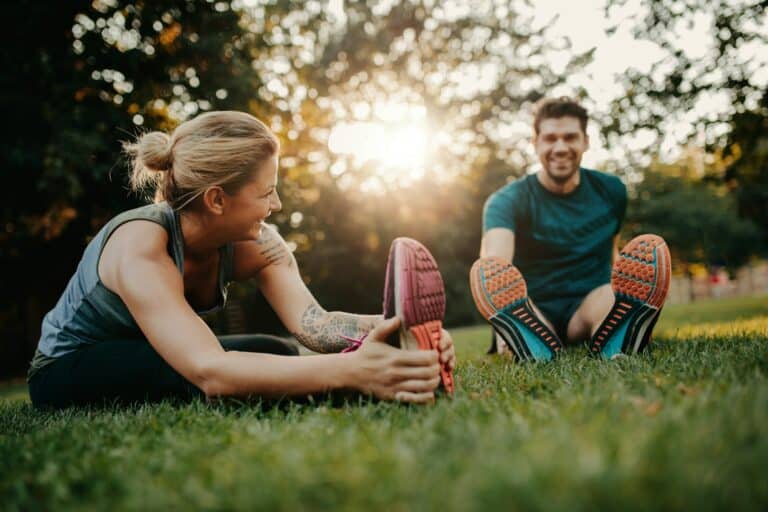Proper hydration is fundamental to good exercise, but it becomes even more important during the summer. As the weather warms up and more people head outside for their daily workout, the risk of dehydration increases due to increased sweat. Exercising in the heat might seem like a good way to burn more calories, but it can be dangerous if you do not prepare in advance.
The Importance of Summer Hydration
Exercising outdoors can be a good way to increase your vitamin D intake, but it also comes with several weather-related risks. Heat cramps, dehydration and, in severe cases, heat stroke are all possible threats to be aware of before you start exercising outdoors.
The body has a natural cooling process that regulates your body’s temperature in response to its environment; when you go outside, your temperature is stabilized through the act of sweating. Although useful, perspiration also comes with the risk of dehydration. As the body loses more water through sweat, it needs to replenish its fluid through water.
Heat illness occurs when the body’s cooling mechanism is overworked; during outdoor exercise, your muscles will demand a greater need for regulation, which can cause more blood to be directed to them rather than your heart. The increased stress can lead to cardiovascular distress and breathing difficulties.
Staying Safe Outdoors
Avoid exercising when it is over 80 degrees; it’s best to work out during the early morning before 8 AM or after 5 PM when the heat breaks. If there is any type of heat or weather advisory in place, keep your workout indoors until it lifts.
Regardless of whether there is a lot of sun or the weather is overcast, the heat index is the most important factor to monitor. Once you’re sure that it is safe to exercise outside, you can start preparing to hydrate.
Drink Before You Go
We recommend that you avoid any caffeine or energy drinks prior to your workout; instead, consume at least two cups of water before you head out. This will ensure that your body has enough fluid present to maintain stability as you start to sweat.
Bring Water With You
You should consume one cup of water per every 15 minutes of cardio. You should also give your body time to rest and pause during this time by either stopping or slowing down to a walking pace. Avoid chugging water quickly or over-hydrating to skip pauses; this can cause a condition called hyponatremia, which occurs when there is too much fluid in the body and the blood’s sodium levels deplete.
Rehydrate After Every Workout
For every pound of weight that you lose through perspiration, you should consume at least two cups of water. This will not negatively impact any weight loss goals as the water you consume is being used to replenish and restore your body’s equilibrium.
With these tips in mind, you will be able to enjoy your exercise outdoors, meet your fitness goals and stay healthy along the way.


